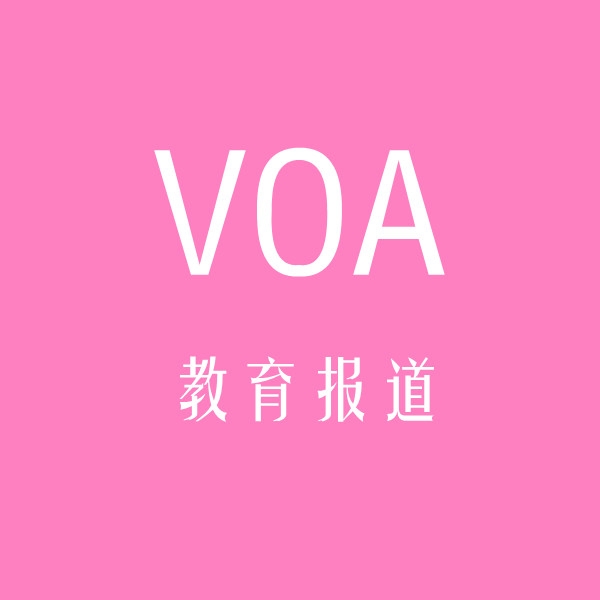| [00:00.10] |
From VOA Learning English, |
| [00:03.08] |
this is the Education Report. |
| [00:06.36] |
Private schools in Pakistan |
| [00:08.93] |
have banned a book written by Malala Yousafzai |
| [00:12.45] |
from school libraries. |
| [00:14.46] |
The school's officials say parts of the book dishonour Islam, |
| [00:20.32] |
and they accuse the young education activist |
| [00:23.99] |
of acting as what they call a "propaganda tool of the West" |
| [00:29.70] |
to insult her country of birth. |
| [00:32.71] |
Malala Yousafzai shared her memories in the book "I Am Malala". |
| [00:39.70] |
"I Am Malala" is one of the best selling books in the world. |
| [00:44.87] |
But some groups in Pakistan have criticized it. |
| [00:49.13] |
Private schools in the country have decided |
| [00:52.28] |
to prevent their students from reading it. |
| [00:55.16] |
Adeeb Javedani is president of the All |
| [00:59.38] |
Pakistan Private Schools Management Association, |
| [01:04.36] |
the group represents more than 40,000 institutions |
| [01:08.99] |
across the country. |
| [01:10.59] |
He defends the decision to ban the book. |
| [01:14.61] |
Mr Javedani says it is unimaginable |
| [01:18.52] |
that a girl of Malala's age could write parts of the book. |
| [01:23.66] |
For example, he says she wrote |
| [01:27.59] |
that Ahmadis, a religious minority, |
| [01:30.50] |
have been declared infidels - unbelievers in Pakistan. |
| [01:35.58] |
Mr Javedani says these is no such movement taking place. |
| [01:41.40] |
The Ahmadi community was declared non-Muslims in the early 1970s. |
| [01:48.40] |
The book notes that Ahmadis say they are Muslims, |
| [01:52.43] |
but Pakistani laws prevent them from publicly stating that. |
| [01:57.59] |
Mr Javedani says someone representing Europe, |
| [02:02.43] |
a common term for the west, |
| [02:05.14] |
had written the book under the name of Malala Yousafzai. |
| [02:09.28] |
He also says Pakistani education officials |
| [02:14.32] |
have told his group that they do not plan |
| [02:18.20] |
to use the book in government and private schools. |
| [02:22.35] |
Professor Pervez Hoodbhoy works |
| [02:26.18] |
at Quaid-e-Azam University in Islamabad. |
| [02:29.95] |
He and other rights activists defend Malala. |
| [02:34.61] |
They say pro-Taliban elements within the society |
| [02:39.20] |
are purposely misrepresenting the book. |
| [02:42.74] |
"She does not in her book say that Ahmadis are Muslims. |
| [02:47.47] |
She simply says that these are people who are being persecuted, |
| [02:51.58] |
and that is a fact of life. |
| [02:53.34] |
Nobody can dispute that Ahmadis today |
| [02:56.66] |
are the most persecuted of minorities, |
| [03:00.45] |
all of which are persecuted in Pakistan today," said Hoodboy. " |
| [03:03.62] |
The Professor also says that Malala is being wrongly |
| [03:08.40] |
accused of defending British writer Salman Rushdie, |
| [03:12.80] |
his book "The Satanic Verses" made many Muslims angry. |
| [03:18.12] |
Professor Hoodbhoy says the fact that Salman Rushdie |
| [03:23.25] |
is an unwelcome man in Pakistan shows the extreme lack of tolerance |
| [03:28.08] |
that has come to characterize Pakistani culture. |
| [03:32.23] |
Malala campaigned against Taliban attempts |
| [03:35.98] |
to blow up schools for girls in 2009 |
| [03:39.70] |
in the Swat district which she was born. |
| [03:42.60] |
A military offensive later chased the Islamists from the district. |
| [03:48.53] |
And that's the VOA Learning English Education Report. |
| [03:53.34] |
I'm June Simms. |
